Exhibitions
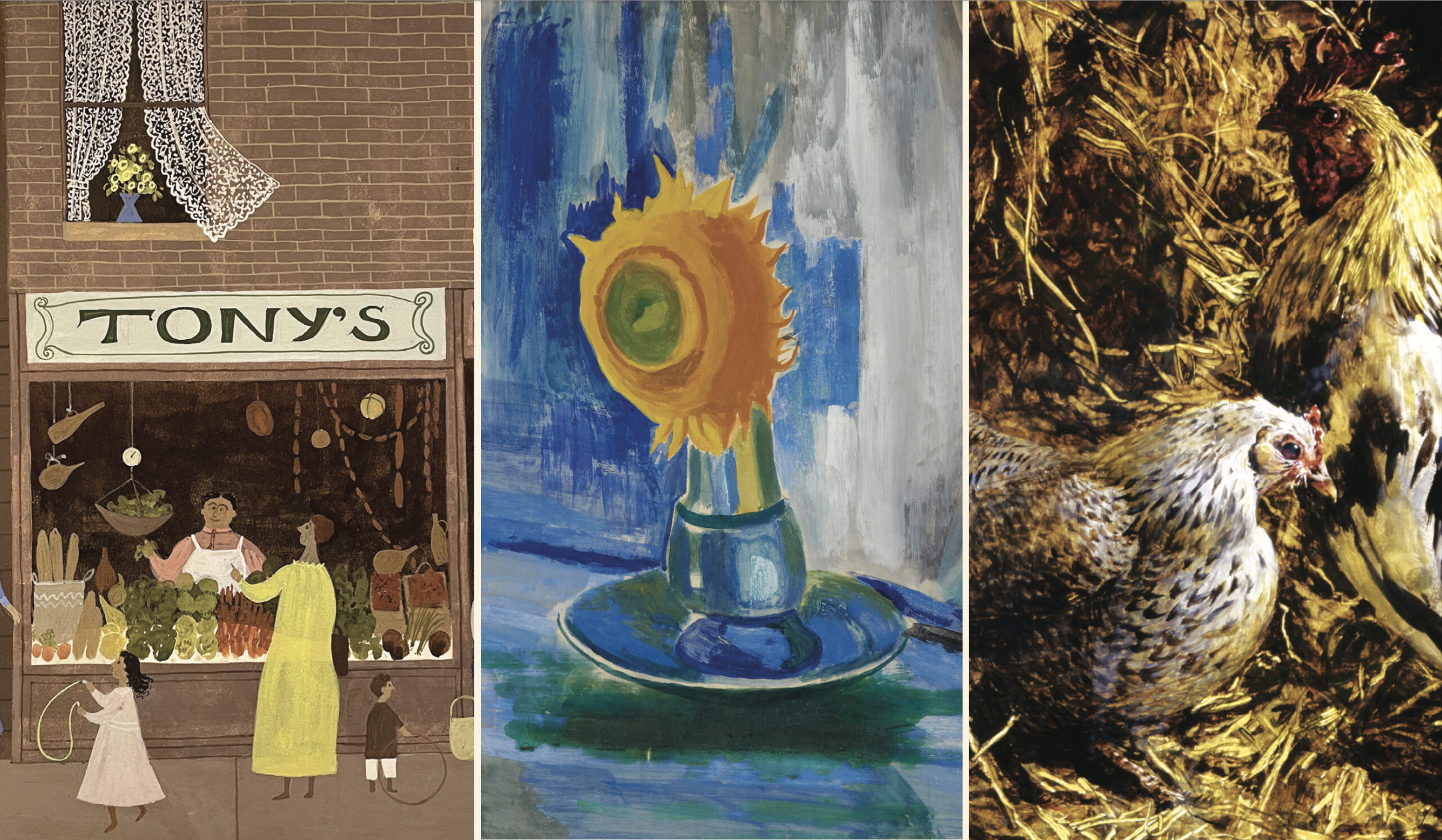
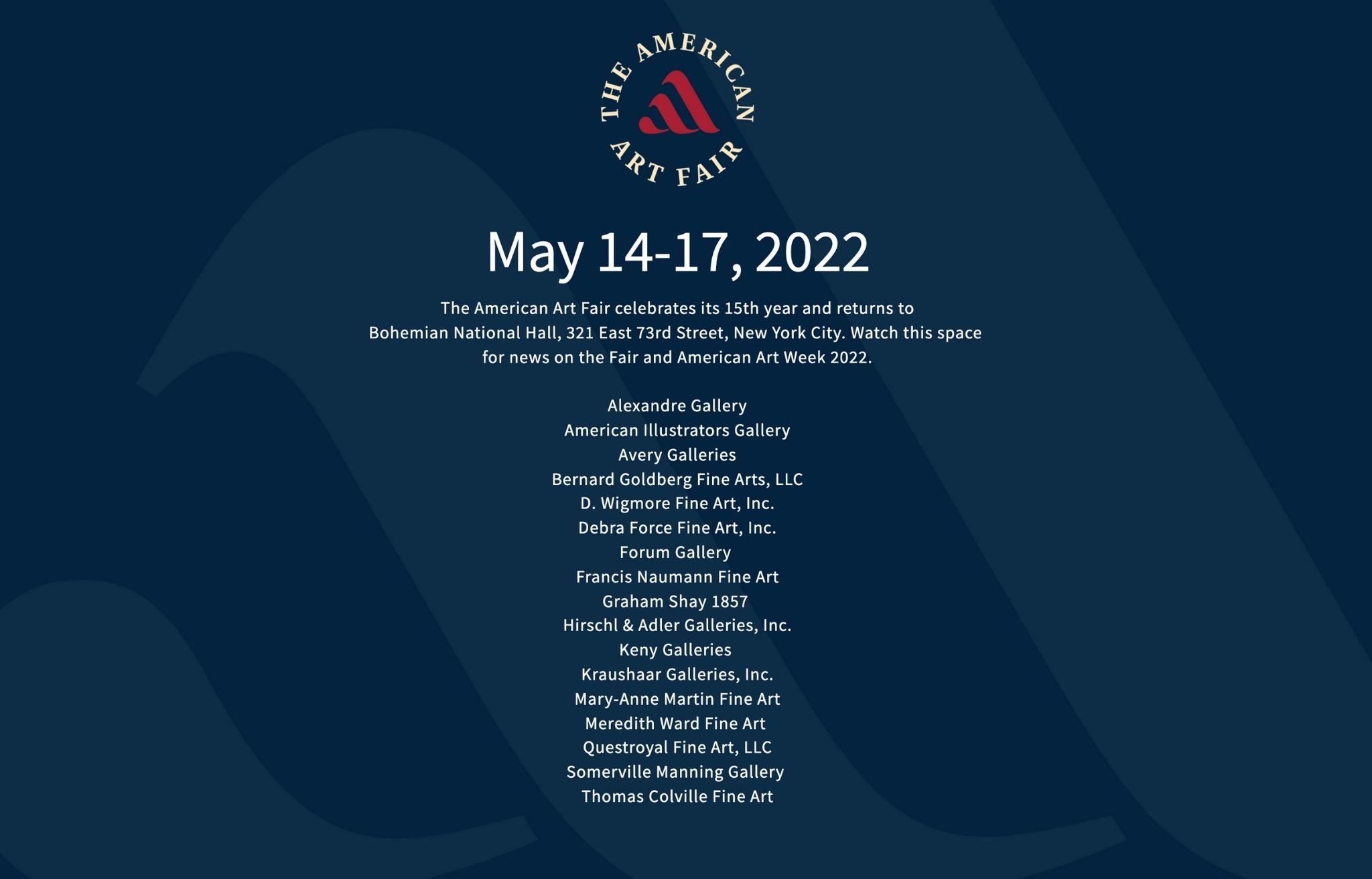
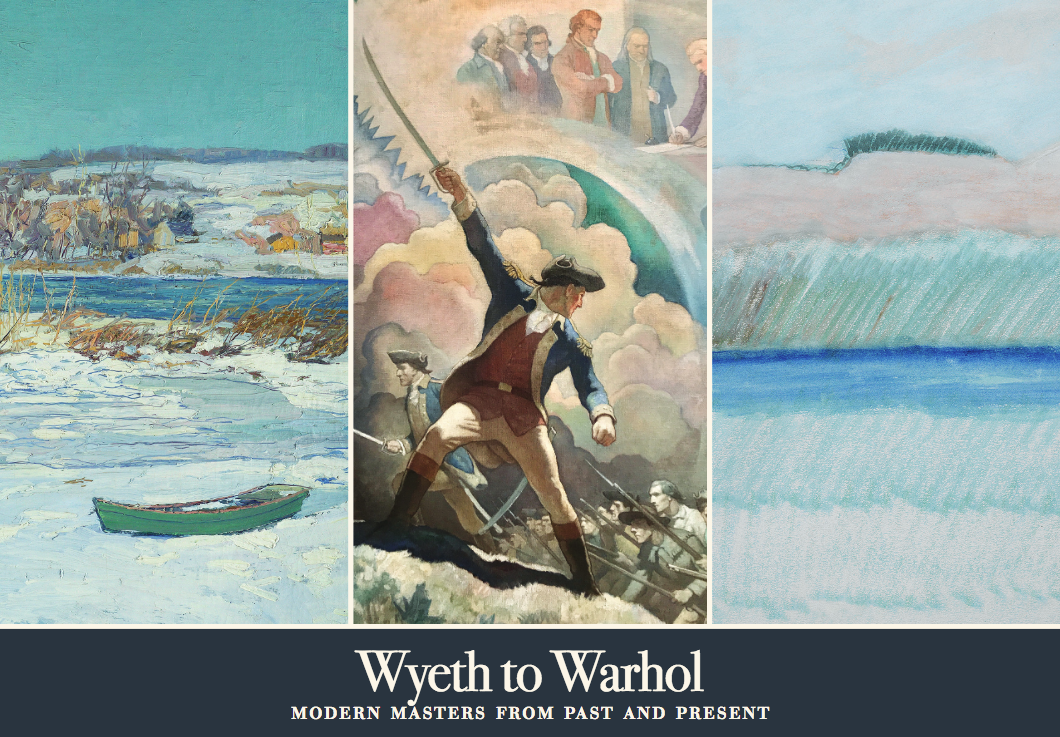
April 27, 2018 - June 2, 2018
Wyeth to Warhol: Modern Masters From Past and Present
View the Exhibition →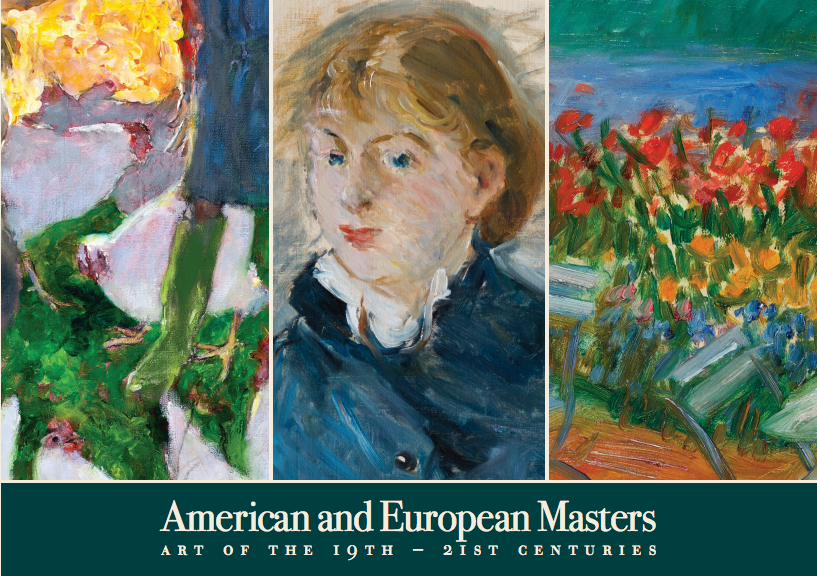
April 22, 2016 - June 4, 2016
American and European Masters: Art of the 19th – 21st Centuries
View the Exhibition →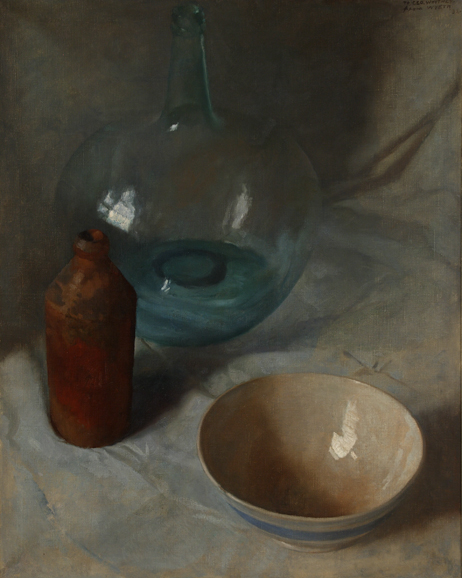
April 15, 2011 - May 28, 2011
American and European Masters: Art of the 19th – 20th Centuries
View the Exhibition →About
Primarily known for his bright and colorful beach scenes, Edward Henry Potthast grew up in Cincinnati, Ohio, and moved to New York in 1895. In addition to studying in Cincinnati, Potthast traveled to Antwerp, Munich, and Paris to expand his artistic education prior to relocating to the East Coast. During this period, he exhibited at the Paris Salon and Munich Academy as well as at the Cincinnati Art Museum.
After moving to New York, he also exhibited at the National Academy of Design, the Pennsylvania Academy of the Fine Arts, The Salmagundi Club, and the American Water Color Society, among others. Potthast continued to travel both nationally and internationally while based in New York, with summer months spent in Gloucester, Massachusetts; Ogunquit, Maine; Old Lyme, Connecticut; and Nantucket, all of which provided limitless inspiration for his famous beach scenes. Trips to Holland, Italy, the Grand Canyon, and the Pacific Northwest offered a variety of landscape subjects and added variety to his mature work.
In the early 1900s, Potthast’s work transitioned from the dark Dutch inspired interiors for which he first won awards, to the light filled Impressionist scenes painted with bravura in a high-keyed palette. In 1908, he established his studio at 222 West 59th Street, where he had a spectacular view overlooking Central Park South. This location inspired him to paint views of the park. His favorite subjects, however, were families passing carefree summer hours at the seashore. Since Coney Island and Brighton Beach were so close to his studio in the City, he gained much plein-air practice over the hot New York summers.
Although titled Beach Scene No. 4, the current example shows several figures sitting on a dock with a waterway and sailboats in the distance. While many of his earlier works feature figures in dark bathing costumes with bright red and green caps seen from a distance, in this painting Potthast depicts a closeup view of the figures with individualized facial features and more contemporary clothing. The lavender-hued sky, high horizon line, and broad planes of color echo the artist’s earlier beach scenes, but the more detailed composition show’s Potthast’s continued interest in exploring new ways to paint scenes of leisure in the last decade of his career.
Exhibitions with Somerville Manning Gallery
2022 American Masters: Art of the 19th – 21st Centuries
2018 Wyeth to Warhol: Modern Masters from Past and Present
2016 American and European Masters: Art of the 19th – 21st Centuries
2011 American and European Masters: Art of the 19th – 20th Centuries